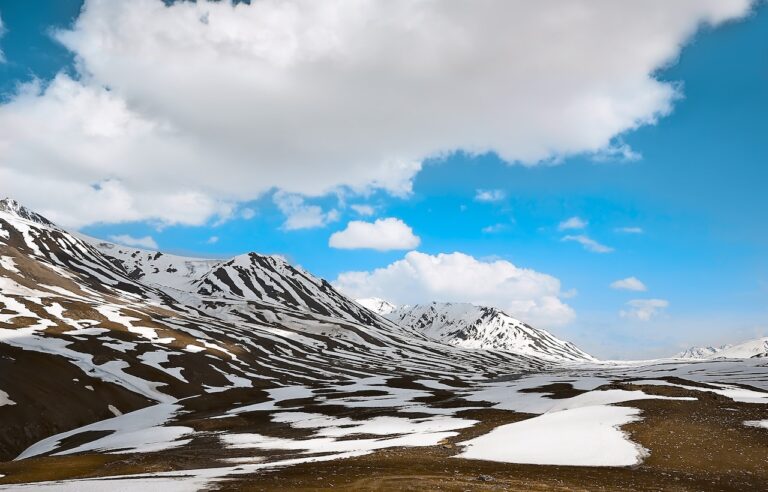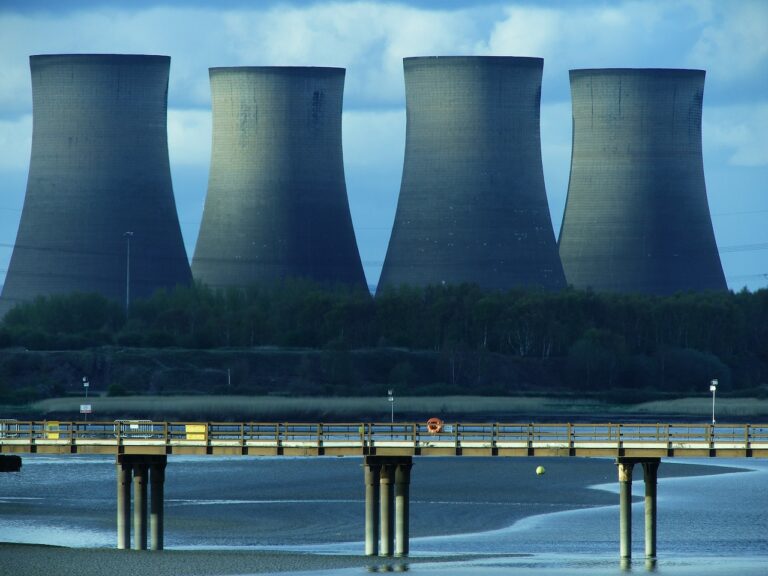Strategies for the Future
Introduction:
Climate change is a complex global challenge that profoundly affects various aspects of our world, including the critical domains of food and nutrition security. In this educational blog post, we will embark on a journey to comprehend the intricacies of climate change and how it influences our capacity to produce and access food. We’ll explore the current issues we face and delve into strategies designed to ensure a sustainable and resilient future.

Grasping the Concept of Climate Change
At its core, climate change signifies the gradual, long-term transformation of Earth’s average weather patterns. This transformation is primarily driven by the gradual buildup of greenhouse gases in the atmosphere, such as carbon dioxide and methane. These gases serve as a thermal blanket, trapping heat and leading to a gradual elevation in global temperatures. The repercussions of this warming are far-reaching and multifaceted.
The Far-Reaching Effects of Climate Change on Food and Nutrition Security
The relationship between climate change and food security is intricate and warrants comprehensive understanding.
1. Crop Yield Reductions:
- Challenge: Increasing temperatures and erratic weather patterns pose threats to crop yields, impacting staples like wheat, rice, and maize.
- Solution: Addressing this issue requires innovative approaches, as we will discuss in subsequent sections.
2. Altered Weather Patterns:
- Challenge: Climate change disrupts established weather patterns, leading to unexpected and often destructive climatic events.
- Solution: How we cope with these events is a vital part of securing food supplies.
3. Increased Pests and Diseases:
- Challenge: Elevated temperatures create ideal conditions for pests and diseases that threaten our agricultural productivity.
- Solution: We’ll delve into methods to combat these challenges further in this educational journey.
Learning About Current Challenges and Their Solutions
Understanding the current challenges of climate change’s impact on food security is a stepping stone to crafting effective solutions.
1. Extreme Weather Events:
- Challenge: The frequency and severity of extreme weather events can disrupt food production and supply chains.
- Solution: Exploring ways to prepare for and respond to these events is a critical aspect of securing food supplies.
2. Droughts and Water Scarcity:
- Challenge: Prolonged droughts lead to water scarcity, posing a significant challenge to agricultural productivity.
- Solution: We’ll delve into water-efficient farming practices and sustainable approaches to alleviate these issues.
3. Rising Temperatures:
- Challenge: The implications of rising temperatures on crops and ecosystems are noteworthy.
- Solution: Our journey will include discussions on heat-resistant crop varieties and shading techniques to safeguard crops.
4. Pests and Diseases:
- Challenge: Climate change exacerbates the prevalence of pests and diseases.
- Solution: We will explore methods such as integrated pest management and the development of pest-resistant crop varieties.
Gaining Insights into Mitigation Strategies for the Future
Ensuring a secure future necessitates the adoption of proactive mitigation strategies.
1. Sustainable Agriculture:
- Implementing sustainable farming practices, including organic farming, crop rotation, and agroforestry, can boost resilience.
2. Climate-Resilient Crops:
- Research and development efforts are underway to create climate-resilient crop varieties, offering new avenues for sustainability.
3. Food Distribution and Access:
- Enhancing food distribution systems using technology and reducing waste are pivotal in improving access to nutritious food.
4. Policy and International Cooperation:
- Policymaking and international collaboration play an essential role in addressing climate change and food security on a global scale.
Conclusion:
In closing, climate change profoundly influences food and nutrition security, but with knowledge, innovative solutions, and collective effort, we can mitigate its impact. Our educational journey underscores the importance of recognizing these issues, devising solutions, and fostering global collaboration. It is through understanding and learning that we can pave the way toward a more food-secure and resilient future for generations to come.





I would want to express my sincere gratitude to the proprietor of this website for taking the time to share this outstanding piece of writing with me here.